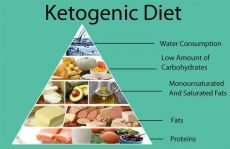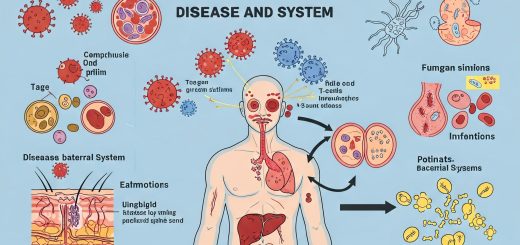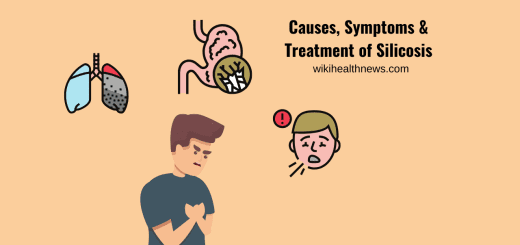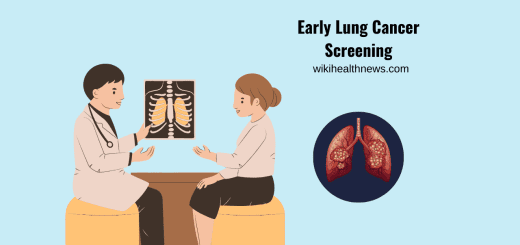Keto Diet and Weight Loss- Low Carb Nutrition

What Is Keto Diet?
The ketogenic (keto) diet has gained significant popularity in recent years for its potential to help people lose weight, improve energy levels, and enhance overall health. By focusing on high-fat, moderate-protein, and very low-carb intake, the keto diet shifts the body’s metabolism into a state of ketosis, where it burns fat for fuel instead of carbohydrates. This article explores the key aspects of the keto diet, its benefits, and practical tips for those interested in trying it.
The majority of chronic diseases like diabetes, hypertension, and heart disease are largely related to obesity. Obesity is usually a product of unhealthy lifestyle and poor dietary habits. A keto diet primarily consists of high-fats, moderate-proteins, and very-low-carbohydrates. The develpment of the ketogenic diet as a rapid weight loss formula is a relatively new concept. During ketogenesis due to low blood glucose levels, insulin secretion becomes low. Ketone bodies synthesised in the body can be easily utilised for energy production by heart, muscle tissue, and the kidneys. In the short term the ketogenic diet helps to lose weight.

What is the Keto Diet?
The keto diet is a low-carb, high-fat eating plan that encourages the body to enter a metabolic state known as ketosis. In ketosis, the body begins to break down fats into ketones, which it uses as the primary source of energy instead of glucose derived from carbohydrates. By drastically reducing carbohydrate intake and increasing fat consumption, the body becomes more efficient at burning stored fat, which can lead to weight loss.
How Does the Keto Diet Work?
Typically, a standard keto diet consists of about 70-75% fat, 20-25% protein, and 5-10% carbohydrates. This macronutrient ratio is significantly different from traditional diets that rely on higher carbohydrate intake for energy. The reduction in carbs forces the body to look for alternative energy sources, primarily fat, leading to the production of ketones. Over time, this process can help the body shed excess fat, especially in the abdominal area.
Benefits of the Keto Diet
- Weight Loss: One of the most well-known benefits of the keto diet is its ability to promote fat loss. By shifting the body’s primary energy source to fat, the keto diet helps reduce body fat percentage and curtail appetite, making it easier for individuals to maintain a caloric deficit without feeling constantly hungry.
- Improved Mental Clarity: Many people report enhanced cognitive function and improved mental clarity on the keto diet. Ketones are a more efficient and stable energy source for the brain compared to glucose, potentially improving focus and concentration.
- Blood Sugar Control: The keto diet can be particularly beneficial for individuals with type 2 diabetes or those looking to manage their blood sugar levels. By minimizing carbohydrate intake, the diet helps stabilize blood sugar levels and may reduce the need for insulin.
- Increased Energy and Endurance: With a consistent fat-based energy supply, the body experiences more stable energy levels throughout the day. This can lead to improved physical performance and better endurance, especially in high-intensity exercises.
What can you eat on the keto diet?
A ketogenic diet typically limits carbs to 20–50 grams per day. The carbohydrate in diet is replaced by meat, fish, poultry and diary products. Green vegetables low in carbohydrate content are a part of keto diet. Unprocessed meats are low carb and keto-friendly. Smaller fish like sardines, mackerel and herring especially fatty fish like salmon can be included in the diet. Organic or pastured eggs are the healthiest option in keto diet. Cauliflower, cabbage, avocado, broccoli and zucchini, especially leafy and green items are the best options.
Why keto diet is bad?
The side effects of ketogenic diet include a collection of symptoms like nausea, vomiting, headache, fatigue, dizziness, insomnia, difficulty in exercise tolerance, and constipation. Long-term adverse effects include hepatic steatosis, hypoproteinemia, kidney stones, and vitamin and mineral deficiencies. The ketogenic diet is not advised in patients with pancreatitis, liver failure.
Does the keto diet really work?
Long-term compliance is low and can be a big issue with a ketogenic diet. To counter the obesity epidemic, some healthcare workers do recommend the ketogenic diet. In addition to reducing weight, especially truncal obesity and insulin resistance, low-carb diets also may help improve blood pressure, blood glucose regulation. This diet has a diuretic effect, and some early weight loss is due to water weight loss followed by a fat loss.




How long should you do Keto?
A ketogenic diet may be followed for a minimum of 2 to 3 weeks up to 6 to 12 months. People on a ketogenic diet initially experience rapid weight loss up to 10 lbs in 2 weeks or less.
What are the safety concerns with keto diet?
The keto diet is associated with many complications that can lead to dehydration, electrolyte disturbances, and hypoglycemia. People suffering from diabetes and taking insulin or oral hypoglycemic agents suffer severe hypoglycemia if the medications are not appropriately adjusted before initiating this diet. People on a ketogenic diet rarely can have a false positive breath alcohol test. Long-term adverse effects include hepatic steatosis, hypoproteinemia, kidney stones, and vitamin and mineral deficiencies.
Potential Risks and Considerations
While the keto diet offers numerous benefits, it’s important to be aware of potential risks. Some individuals may experience the “keto flu” during the first few days of transitioning to the diet. Symptoms can include headaches, fatigue, and irritability as the body adjusts to ketosis. Additionally, the high-fat nature of the diet may not be suitable for everyone, especially those with certain pre-existing medical conditions like liver disease or pancreatic disorders. It’s always advisable to consult a healthcare provider before starting a new diet plan.
Tips for Starting the Keto Diet
- Start Slowly: Gradually reduce carb intake to allow your body time to adjust to the shift in metabolism.
- Focus on Healthy Fats: Choose healthy fat sources such as avocados, olive oil, nuts, and fatty fish to ensure a nutrient-dense approach.
- Stay Hydrated: Increased water intake is essential on the keto diet to prevent dehydration, especially when eliminating carbs.
- Monitor Electrolytes: Since the body excretes more water and electrolytes in ketosis, consider supplementing with sodium, potassium, and magnesium to maintain balance.
Conclusion
The keto diet offers a unique and effective approach to weight loss and improved health by leveraging the body’s natural fat-burning mechanisms. While it may not be suitable for everyone, those who adopt the diet may experience a range of benefits from weight loss to better mental clarity. As with any diet, it’s important to approach the keto lifestyle with careful planning and consultation with a healthcare provider to ensure long-term success and safety.
By understanding the keto diet’s principles and potential effects, you can make informed choices to achieve your health and wellness goals.
Also Read –











